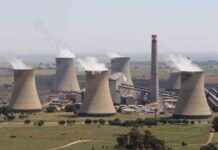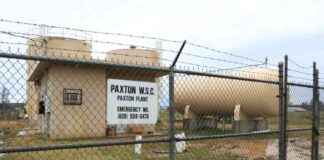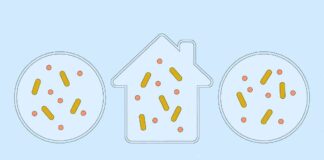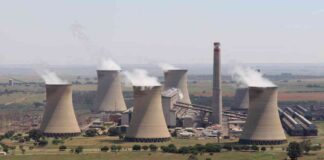Impact of Fine Particulate Matter Air Pollution on Marathon Performance
Planning to tackle a marathon in the new year? While getting in your stretches and miles of practice, you may also want to prepare for air quality when training. According to new research, poor air quality could play a role in slower marathon finish times.
Researchers at Brown University School of Public Health have found a link between the amount of fine particulate matter, or pollutants measuring less than 2.5 microns in diameter, in the air on a race day and slower average finish times for marathon runners.
Research Findings and Study Details
In a study of 1,506,137 men and 1,058,674 women who finished nine major U.S. marathons, including the Boston Marathon, from 2003 through 2019, researchers evaluated the marathon finishing times and compared them with race-day fine particulate matter levels at various points throughout the race routes. The study was conducted by Allan Just, an associate professor of epidemiology and environment and society at Brown University, and led by Elvira Fleury, a master of public health graduate from Brown University and current doctoral student at Harvard University.
The researchers measured concentrations of PM2.5 in micrograms per cubic meter of air (µg/m3) and found that for every increase by 1 µg/m3 of fine particulate matter, race times slowed 32 seconds on average for men and 25 seconds for women. This sophisticated spatial-temporal model of particulate matter allowed the team to plot pollution at every mile of every course, offering a comprehensive view of the impacts.
Implications for Runners and Athletes
While the findings revealed minor decreases in average finish times when particulate matter was higher, the researchers noted that even small slow-downs could affect racers, especially those trying to reach personal records. Elite runners like Eliud Kipchoge, a two-time Olympic champion and long-distance runner from Kenya, emphasized the importance of considering air pollution in optimizing athletic performance.
For runners who train in areas with poor air quality, the longer exposure to fine particulate matter could also increase health risks. Previous studies have shown that prolonged exposure to PM2.5 can lead to an increased risk of heart disease-related death. As athletes push their limits to achieve peak performance, being mindful of air quality and its impact on overall health becomes crucial.
Call for Action and Environmental Impact
As a result of the latest findings, researchers are advocating for continued regulations on emissions sources to reduce fine particulate matter in the atmosphere, not only for runners but for the overall public health. Initiatives like the installation of air quality sensors in sports training facilities and stadiums in several African countries highlight the importance of protecting athletes from long exposures to PM2.5.
In a world where athletes strive for excellence, the air they breathe and the quality of their environment play significant roles in shaping their performance and health outcomes. As the research on air pollution and its effects on athletic performance continues to evolve, the call to prioritize clean air for runners and athletes worldwide becomes more urgent than ever. Remember, your next marathon finish time could be influenced by more than just your training regimen—air quality matters too.














